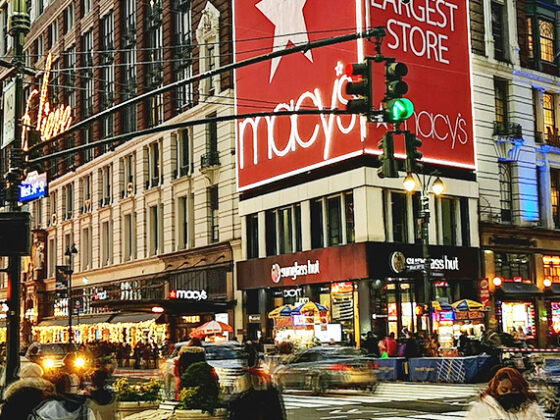Numbers drive virtually everything, especially in real estate. And no investor wants to establish real estate property if the prospects of success are poor. Before committing to any property development, a real estate investor wants data on business growth rate, the resilience of the economy, population size, tax incentives, and other components that are a piece of any retail real estate lease or contract. However, as the landscape of consumer demands becomes more personal, as well as socially mindful, individual cities are now defining the retail real estate market.
Economic size is only one factor.
Global leaders, such as London, New York, and Tokyo, are noteworthy cities in which to invest. Their sheer size and booming economies result in ambitious growth, accounting for a sizable percentage of global real estate investments. However, the markets are known to be cyclical. It’s a fast-paced environment with a sink-or-swim mentality, and not every business is capable of thriving.

Although large cities are attractive to real estate investors, they are far from the only option. Smaller cities captivated by innovation or driven by a niche product offer their own paths to success. Retail real estate is no longer limited to who can open the biggest store or have multiple locations throughout a city. The traditional approach to dominating the market has shifted, and consumers crave something more. Columbus is often the epicenter of retail.
Demographics and local interests matter.
Numbers drive virtually everything, especially in real estate. And no investor wants to establish real estate property if the prospects of success are poor. Before committing to any property development, a real estate investor wants data on business growth rate, the resilience of the economy, population size, tax incentives, and other components that are a piece of any retail real estate lease or contract. However, as the landscape of consumer demands becomes more personal, as well as socially mindful, individual cities are now defining the retail real estate market.

Individual cities have a unique competitive edge.
The cities that are most successful are those that have a distinctive reputation. Size does matter, but it certainly isn’t the only stimulus for achievement in retail. The enterprising mindset of the city itself, regardless of industry, will drive the innovation and unique experiences that consumers want. Peer groups have a significant influence on how a city grows and the retail that thrives, ranging from tourist hubs to entire neighborhoods driven by sustainability practices.
It can be challenging to balance efficiency and innovation, but different cities will demand completely different stores and retail strategies. What functions well in New York City is not guaranteed to launch similarly in Tokyo. A flagship store may do well in the suburbs of Chicago but sink completely in the neighborhoods of Toronto. The demographics of an area can be so specialized that two stores within the same city limits cannot market themselves the same way. Retail real estate must spend less time defining who they are and more time strategizing how they fit into a city’s existing strengths.




